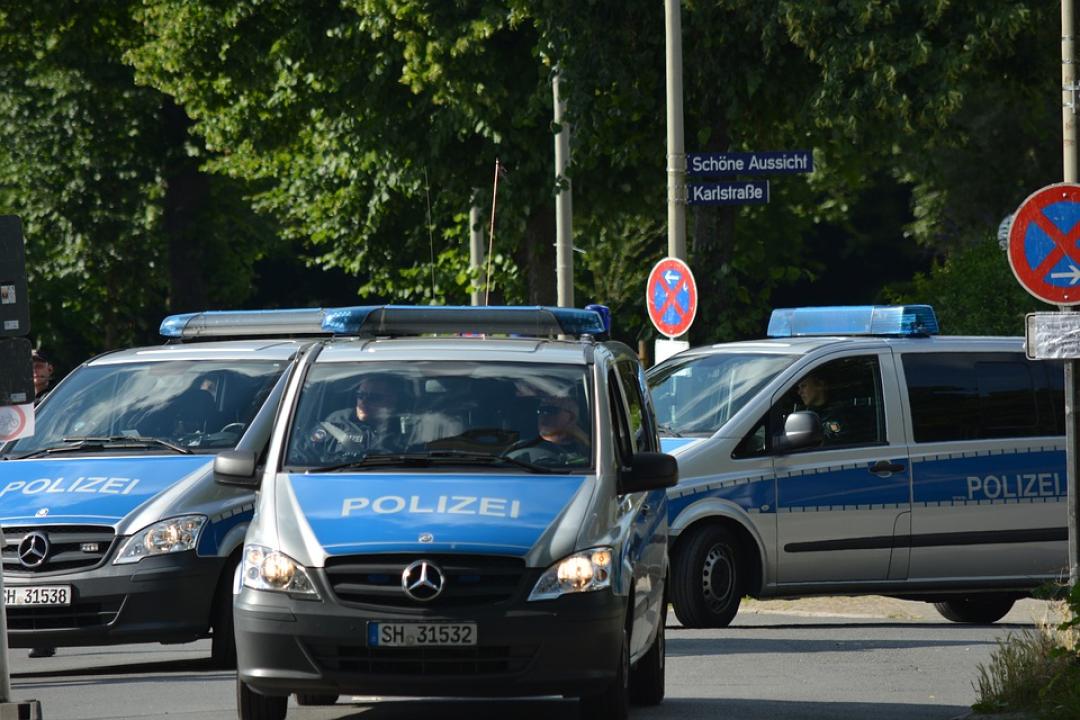
Der Spiegel suspects the involvement of another person in the Khangoshvili murder case; Merkel speaks on the consequences of the case

On 28 June, the German news outlet “Der Spiegel” wrote that the Federal Criminal Police Office (BKA) of Germany and the Federal Prosecutor's Office revealed a second possible suspect in the case of the assassination of Georgian citizen of Chechen origin Zelimkhan Khangoshvili, reported agenda.ge.
The second alleged suspect, under the name Roman D., is considered to be a resident of Saint Petersburg. Der Spiegel wrote that Roman D. arrived in Poland through Belarus, and then made his way to Germany just two weeks before the murder of Khangoshvili. Moreover, it was reported that a few months before the murder, Khangoshvili’s killer and Roman D. were in the town of Orekhovo-Zuyevo, near Moscow, Special agents of the Federal Security Service of the Russian Federation are trained.
The German Chancellor Angela Merkel also gave her opinion following the unveiling of further details in the case. “The murder in Tiergarten Park in Berlin is a serious incident that is being discussed in court. We realize that hybrid war and destabilization methods are a typical example of Russia’s behaviour,” she said. However, Merkel noted that despite the existing threats, it was necessary to continue a constructive dialogue between Germany and Russia. “However, on the other hand, in countries like Syria and Libya, as well as in the European neighbourhood, Russia’s strategic influence is great. Therefore, I will try to continue cooperation with Russia,” she added.
On 18 June, after a months-long investigation, the German Federal Prosecutor's Office said it believed that the murder in the Kleiner Tiergarten was commissioned by the Russian government. “The motivation behind the assassination order was the victim's opposition to the Russian central state, to the governments of its autonomous republics Chechnya and Ingushetia as well as to the pro-Russian government of Georgia,” prosecutors said in the complaint, which was filed before the State Protection Senate of the Berlin Court of Appeal. “Either he [the accused] hoped for a financial reward or he shared the motive of his clients to kill a political opponent in retaliation for his involvement in previous conflicts with Russia,” the complaint further emphasized.
The Prosecutors alleged that the suspect received orders at an unknown date before 18 July 2019. Afterwards, he allegedly flew from Moscow to Paris and then on to Warsaw. From there he set off for Berlin on 20 August. He allegedly used recently issued false papers to enter Germany.
Khangoshvili was murdered by broad daylight in Berlin on 24 August 2019 by a mountain bike rider (Caucasus Watch reported). The British investigative journalism website Bellingcat in cooperation with the German newspaper Der Spiegel and the Russian Insider conducted an investigation in order to trace the origins of the suspect. They established that the assassin travelled to Berlin via France under a genuinely issued, non-biometric Russian passport in the name of Vadim Andreevich Sokolov, but thise person did not exist in the Russian database (Caucasus Watch reported). On 4 December, the German Ministry of Foreign Affairs declared two workers from the Russian embassy in Berlin as persona non grata with the reason of insufficient cooperation with the German authorities in Zelimkhan Khangoshvili’s murder case (Caucasus Watch reported). The Russian government replied to this diplomatic move by expelling two German diplomats from the country. Russian President Vladimir Putin publicly dismissed Russia’s involvement in this case (Caucasus Watch reported).
See Also


Yerevan Balances Strategic Ties with Both US and Russia, Says Foreign Minister

FM Mirzoyan: Peace Deal with Azerbaijan Is Within Reach

Pashinyan and Erdogan Hold Call, Reaffirm Commitment to Ongoing Dialogue

Ilham Aliyev and Masoud Pezeshkian Discuss Development of Bilateral Relations

